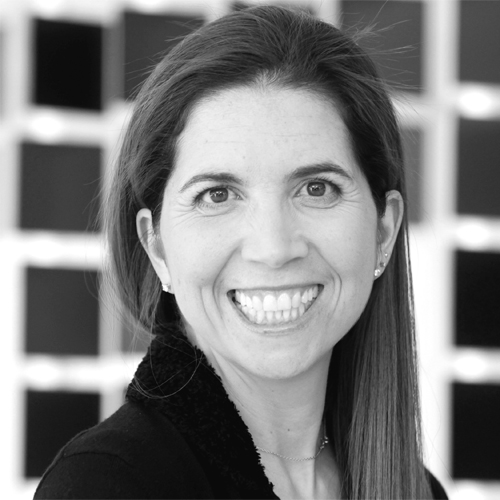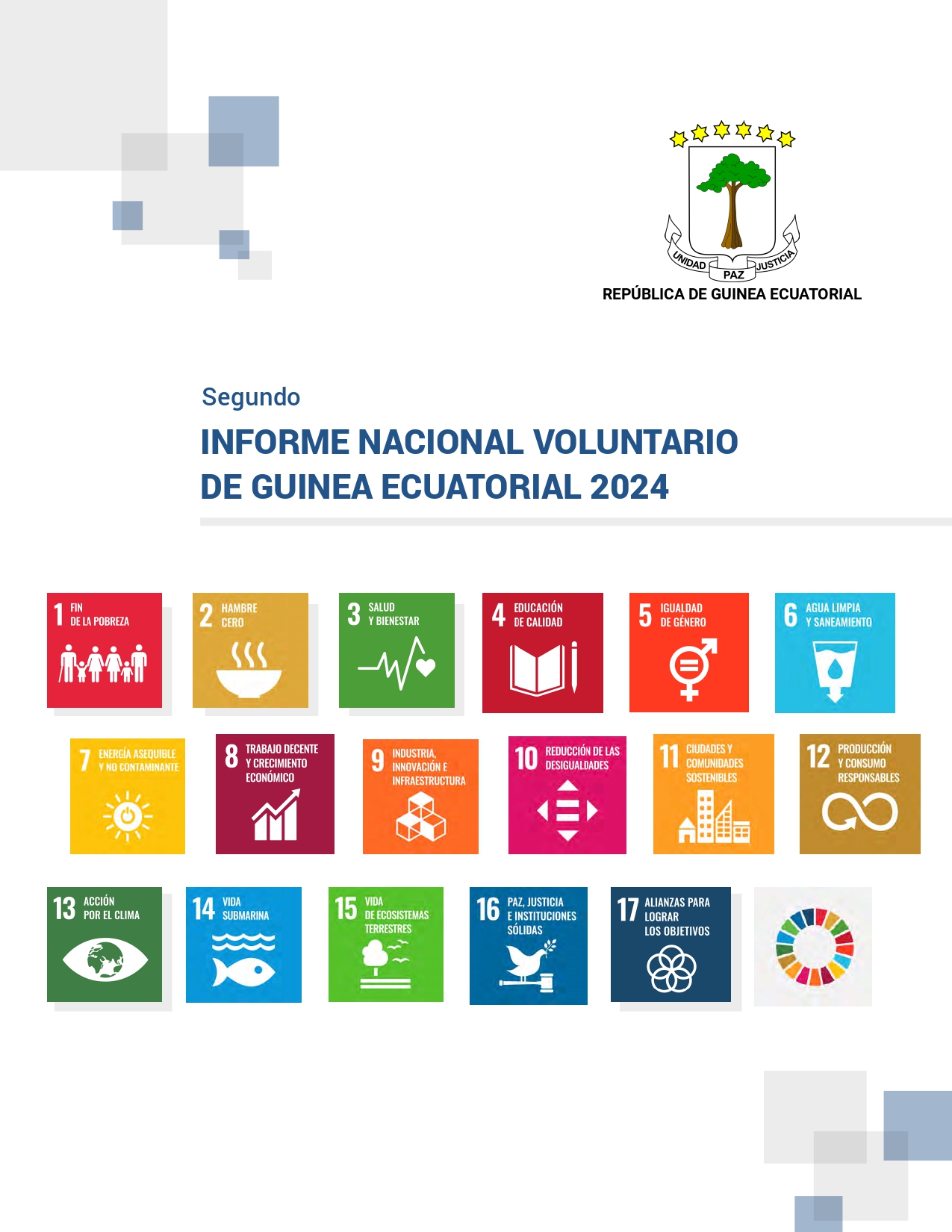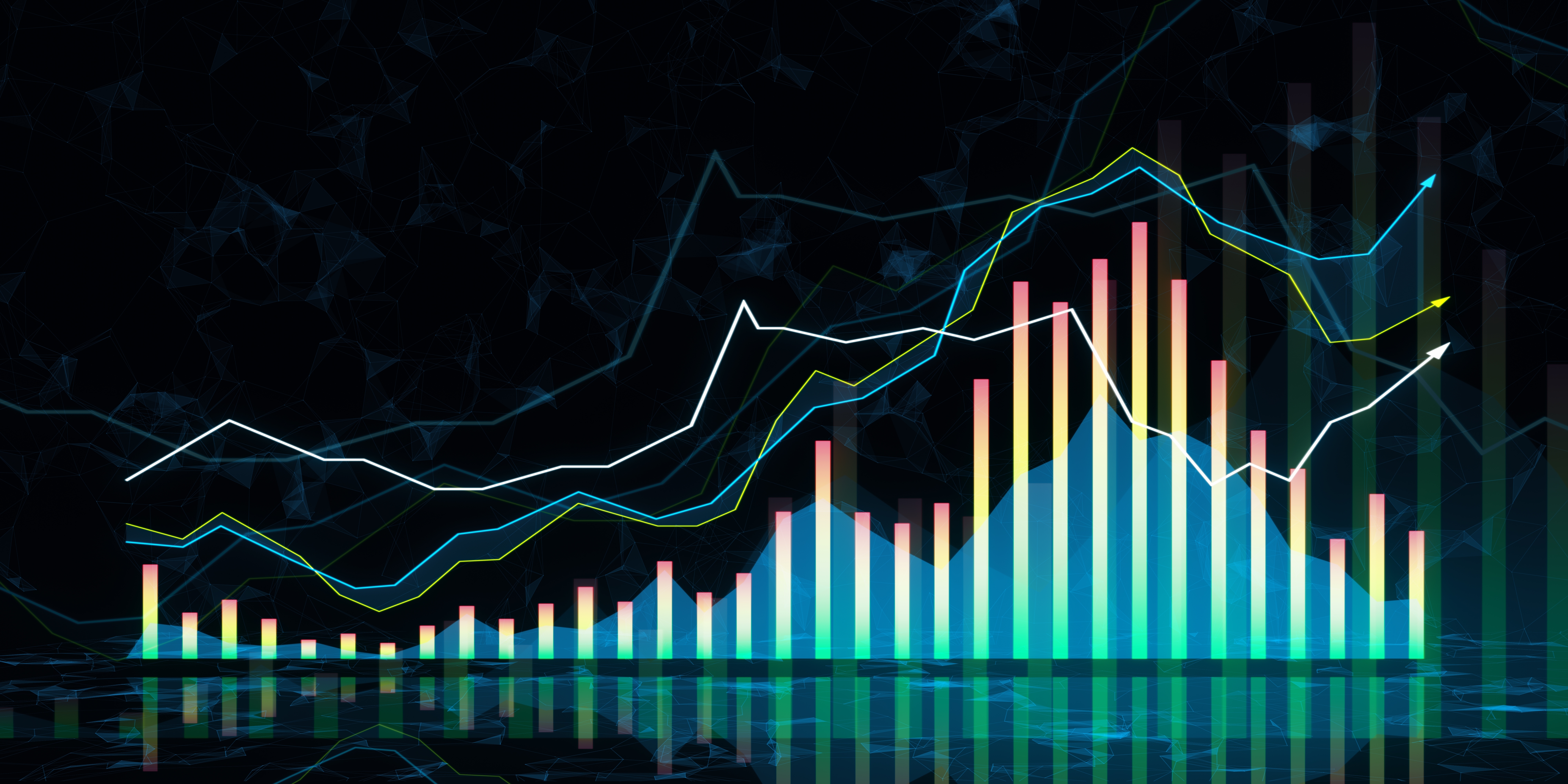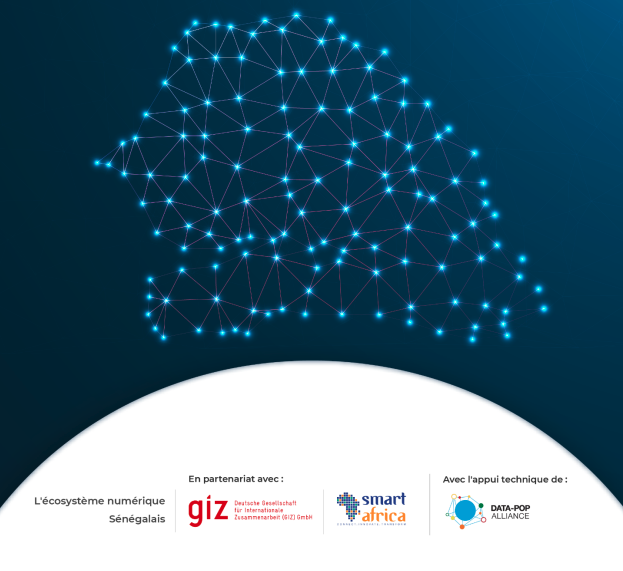GENDER DATA SERIES
This piece introduces our new monthly “Gender Data Series”, which will comprise interviews, videos, and opinion articles with experts from around the globe to bring to light issues at the intersection of gender and data, such as health, migration, livelihoods and, of course, gender-based violence (GBV). Since the outbreak of the COVID-19 pandemic, the vulnerability of women and girls has only become more dire, and these issues demand more attention than ever before.
In this first publication, we give voice to our own female team of talented data scientists, which includes our Research Director, Zinnya del Villar, a Mexican with over 20 years of experience in the field living with her family in France; Roaa Al Feel, a Lebanese young woman who spends her free time deepening her knowledge about data science; and Alina Sotolongo, a Cuban woman residing in Mexico with a PhD in Applied Mathematics. Dr Nuria Oliver, one of the world’s foremost computer scientists and DPA’s Chief Data Scientist, is also featured here.
The interview touches upon these women journeys as data scientists, their views of the field’s future and the importance of gender data.
What or who inspired you to become a data scientist?
Nuria Oliver (NO): I have always been fascinated by science and I am very interested in solving complicated problems. My role models when I was growing up were famous scientists and inventors, such as Marie Curie, Albert Einstein or Leonardo da Vinci. In my last year of high school, I had a chance to talk with a friend of my brothers who was studying Telecommunications Engineering in Madrid. I was so inspired by that conversation that I decided to become a Telecommunications Engineer myself. During my studies of Telecommunications Engineering, I discovered Artificial Intelligence (AI) and it was love at first sight. Hence, I decided to devote my professional life to doing research in this field. Within AI, my area of expertise is the development of data-driven machine learning models of human individual and aggregate behavior, and the design of intelligent, interactive systems. I am very motivated by the potential that AI has to have positive societal impact.
Zinnya del Villar (ZdV): I am from the generation that did not choose to become data scientists because data scientists did not exist at the time as such. Given the career paths we took, we developed the specific skills for becoming data scientists. However, I owe my career choice on applied mathematics to my father, a mathematics researcher.
Alina Sotolongo (AS): Since I was a child, I leaned towards mathematics and science. Later, I ended up doing a BA in mathematics, and a MA and PhD in Applied Mathematics. During my PhD I became interested in the applications of statistics and optimization, which led me to learn about machine learning and statistical models.
Roaa Al Feel (RA): I originally majored in computer science because I was interested in computers and technology since I was a little kid. As I grew older, I started to understand a bit about computers’ hardware, software, etc. which led me to decide to major in computer science. However, I did not decide on data science specifically until I took a course in machine learning during my masters’ programme, which I really enjoyed. After that, I started working with a professor in data science and machine learning, and she was all about inspiring and empowering girls in the field of data science. She encouraged me a lot personally to pursue this field for its broad opportunities.
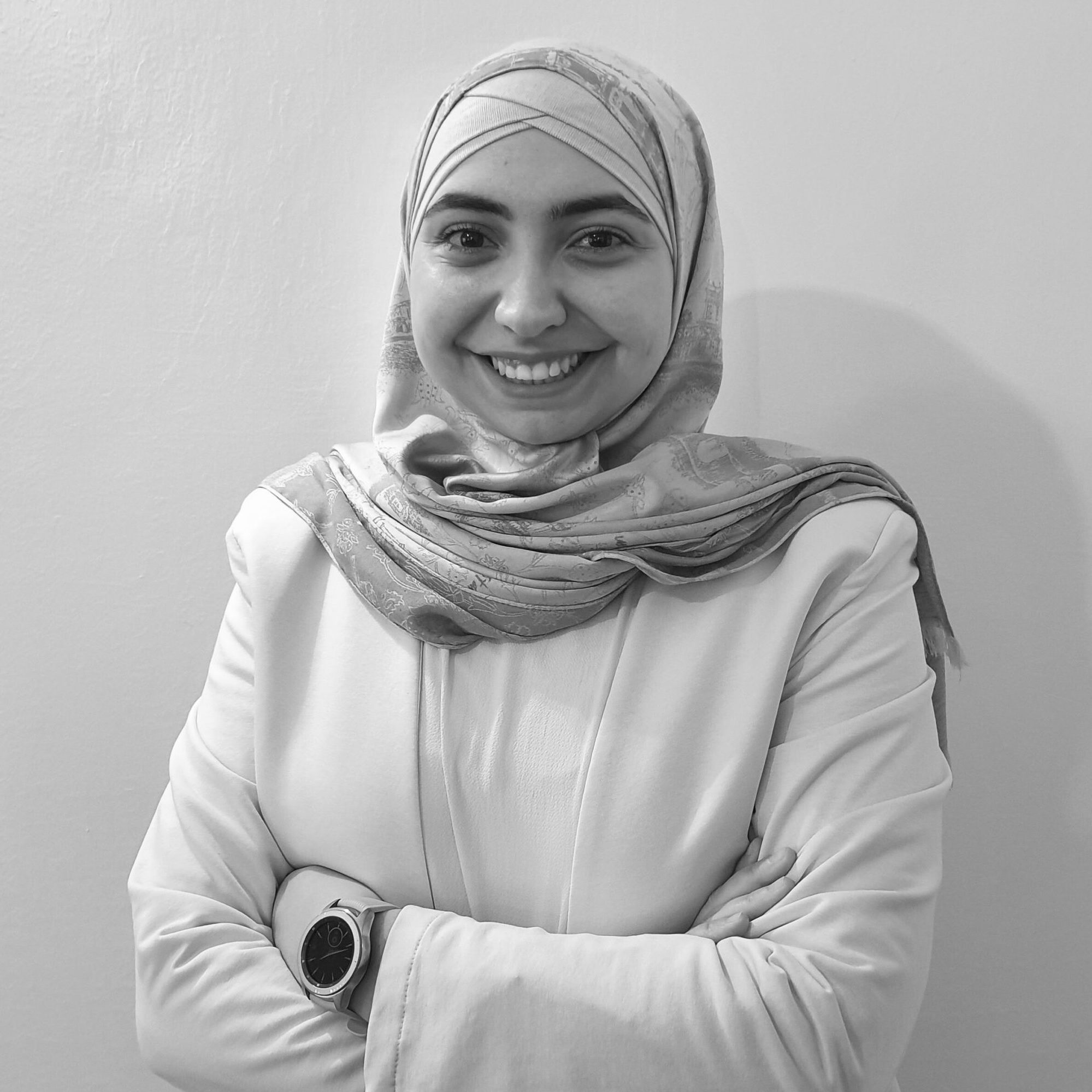
What is the most satisfactory part about working with data?
ZdV: In terms of methodology, data has always been used to measure, compare and track, as well as to model and infer behaviors. However, what had not previously existed was the computational power to be able to analyze all this data at the same time, and the creation of huge volumes of data in real time. Having lived through the transformation from sample modeling methodology to big data pattern analysis has inspired me greatly throughout my career trying to make the link between them. In terms of use cases, data is improving decision making across every sector. In the development area in particular, which is where my work is focused, it is very rewarding to know that you are contributing to building a better world.
AS: The social and technological impact of data science is my main motivation to work in this field. I also really find the methods and techniques used incredibly interesting from a technical point of view.
RA: Living in a country that is facing one crisis after another, I get very excited when I see the data I am working with either reflecting what I already know is happening, or telling me something I had not been aware of before, but turns out to be also happening or building up to happen. Despite the overall negative situation I tend to see in the results (due again to the many national crises), I love it when I am able to detect that in the data. When the data goes on to tell a story about the situation of the people, or what is impacting them positively or negatively, this all can be used to influence policy makers in a way that can improve their lives for the better. This makes me feel that through the type of work that I do, I am somehow helping my country.
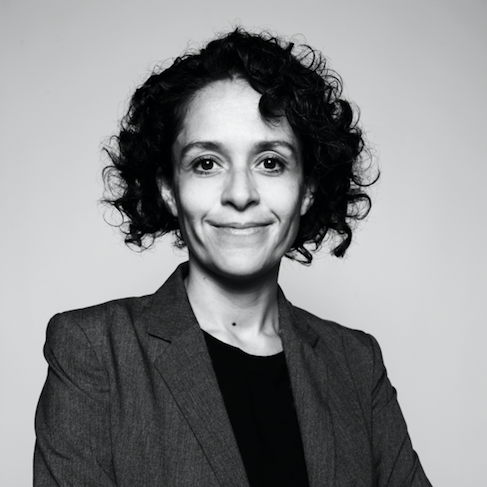
What types of challenges have you faced working in this field? Do you feel that gender or power structures have an impact?
NO: One of the biggest challenges is related to access to data, given that a large fraction of very valuable data is privately held. Another challenge arises from the need to educate a broad set of stakeholders (policy makers, managers in companies, citizens) about the power of data to drive positive social impact. In terms of gender, I have always been a minority since my undergraduate studies of engineering. While I have not felt a direct negative impact because of my gender, I have learned over time not to feel intimidated because of being a minority and I have become an passionate advocate of the immense value of diversity.
ZdV: Ten years ago, the leaders of companies thought that data scientists would solve everything, so the requirements in job offers for one position included the skills of developers, domain experts, geomathicians, economists, staticians, etc. It has been a general challenge to visibilize the difference between the distinct profiles and skills.
Still, the biggest challenge during my last 10 years has to do with being a migrant and a woman working in the most fashionable professional field, where any job interview in France becomes a high-level technical and mathematical test that French candidates (generally men) are not asked to take. Anecdotally, when I am asked about what I do in informal discussions, sometimes I have a man explaining to me what artificial intelligence is.
AS: A challenge, and also a very satisfactory experience, has been working with multidisciplinary teams, where the communication of results and the clarity of ideas is very important. Another one is learning many specific techniques and tools for different projects. Finally, in general, the lack of data or the insufficient quality of it is always a challenge. On a more personal note, almost all of the work I have done in data science has been in DPA, and I have not felt that my gender is an issue. However, being a mathematics student, I have sometimes experienced discrimination and negative comments, from students, teachers and people in general.
RA: The main challenge I have faced working as a data scientist is the lack of data (and sometimes the presence of data but the lack of access) in the region, including but not restricted to Lebanon. This is disappointing, especially when I read related work from other countries and see the huge potential of data that we may be missing out in our region. However, the work we are doing now at DPA (along with some great work by researchers from other institutes in the region) is very essential to shed light on the potential of data to analyze and improve the living conditions of people. We may still be at the beginning of the road, but I am glad we are on the right path!
Additionally, while not specific to data science but computer science in general, I have faced a few incidents of gender descrimination working in the field. At many points in my journey, whether during my university years or in some of my previous jobs, if something in the code crashes (or ironically, a few times when I fix a problem) the fact that I am a girl is to blame. I have been asked many times, “Why did you choose this major, it is not a girl’s major”, and it can be very frustrating to hear that over and over again.
What is the best piece of professional advice you have received, and what advice would you give to young women interested in going into the field of data science?
NO: Follow your passion and fight for what you believe in. I would very much encourage young women to consider data science as an amazing professional opportunity with excellent prospects and a lot of versatility. Most fields today are very data-rich, including healthcare, biology, education, chemistry, journalism or earth and climate sciences. Hence, being a data scientist enables us to tackle and work on problems across most areas of knowledge. It is a fascinating field where you are always learning and where the potential to push the state-of-the-art and to have positive impact is clear. The world needs more data scientists and especially more female data scientists.
ZdV: The best advice or good practice for any data scientist is to start working with an expert in the field and learn how to communicate results in the best way early on in your career. It is also good to remember that the most important thing is the quality of the data, rather than the algorithms. In many use cases, particularly in the development field, the biggest challenge is to find available data and to know how to interpret it.
RA: The best advice I received is the importance of integrating data knowledge with knowledge in the field for which data science is being applied. For example, for data science for policy making, it is not enough to perform data analysis without creating story-telling results that help non-data experts understand what the data is saying or revealing. This has helped me shift the way I report results from purely technical and numerical outcomes, to something you can extract facts from. Of course, it is not enough for a data scientist to display data effectively, there should also be experts from the field of study being involved to enable this shift from numbers to facts, analysis, application of knowledge and results found.
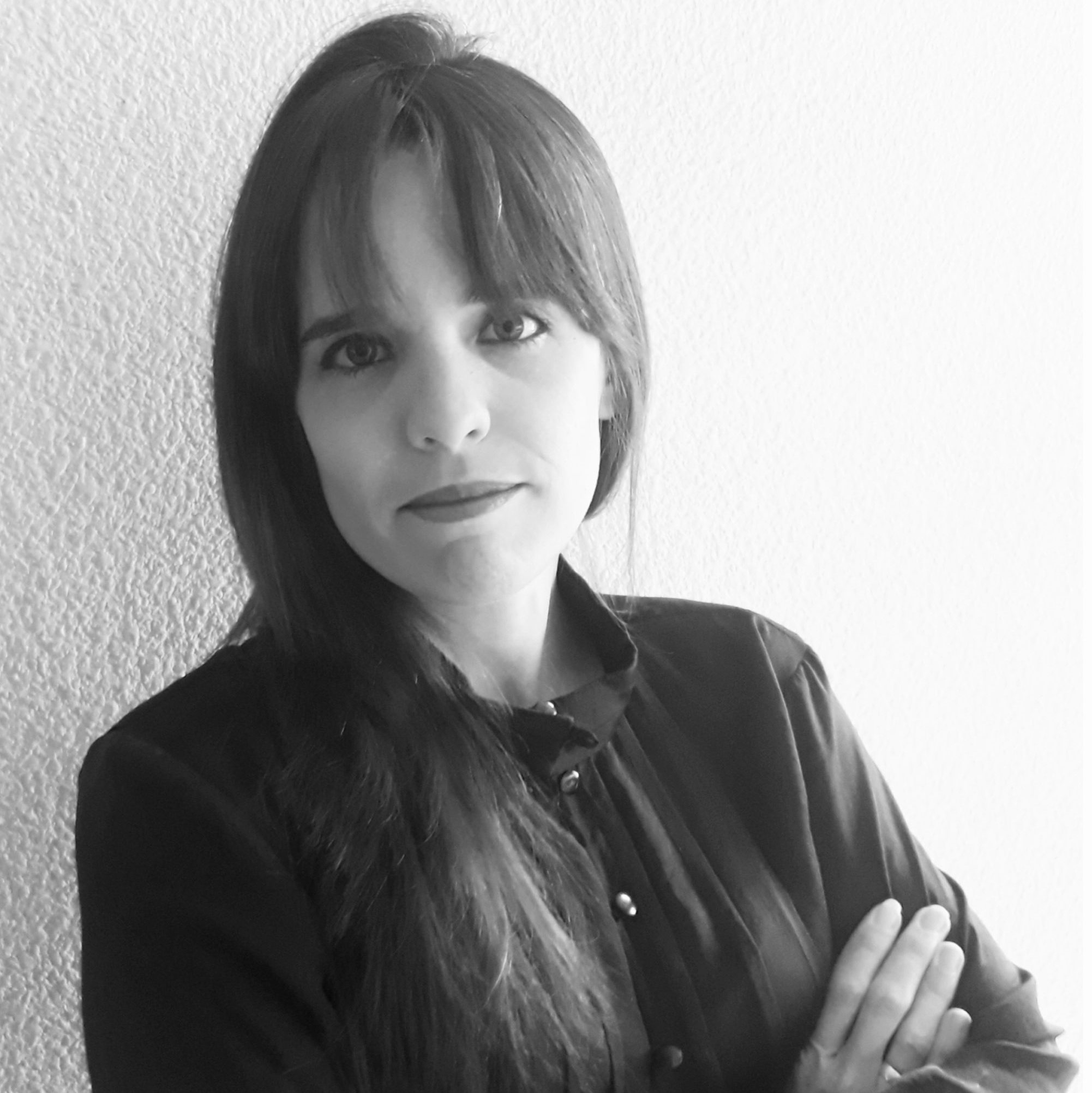
Which would be key areas of opportunity to continue advancing gender equality in the field?
NO: There are many actions that we could take, such as: debunk wrong stereotypes about who works in the field and what the field is about; give visibility and recognition to existing female role models; educate about gender biases; have zero tolerance about the brogrammer culture that unfortunately pervades some areas of computer science; educate about what the field is about; introduce Computational Thinking with 5 core competences (algorithmic thinking, data, networks, programming and hardware) as a compulsory subject since 1st grade; reward diversity; create mentoring networks.
ZdV: Undoubtedly, one of the key practices in artificial intelligence and data teams should be enabling internal diversity. From this perspective, recruitment policies must ensure that groups that have historically been underrepresented are now represented.
AS: We need to provide more job opportunities to young female data scientists and encourage professionals in related areas (graduates of mathematics, statistics, actuaries, computer science, etc.) to familiarize themselves with the field in an effort to generate further interest. Moreover, we need to visibilize that, due to its variability and applicability, data science has the potential to study the causes of many social phenomena, including gender related issues.
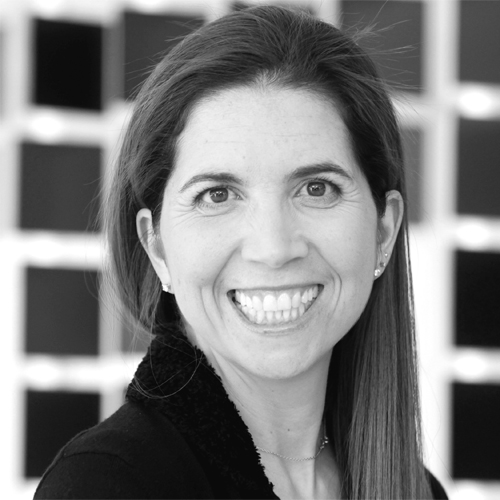
Gender data gaps are now a well-known issue, but there is a long way to go. Can you share an example of a project, initiative or approach that uses data to improve the lives of women in the fight for gender equality?
NO: There are many initiatives and studies, for example the Global Gender Gap report by the World Economic Forum, the work on gender equality at the Bill & Melinda Gates Foundation, the work on Gender Data by Data2X, to name a few. The data on gender inequality and data gaps is there. What we need is to translate the findings into actions.
ZdV: Initiatives are needed at all levels. Top down, a good initiative is the Gender Statistics Database of the European Institute of Gender Equality (EIGE) which centralizes information on various aspects of (in)equality between women and men in EU countries. Bottom up, local observatories are an excellent source of data focusing on the main gender inequalities in the study area.
AS: Recently, a data initiative with a gender perspective proposed by the Secretariat of Economy was launched, called Desafío Data México, where various problems related to gender issues were put forward by various industries, then studied by the participants, and solved whenever possible.
What is the role of the data scientist in fighting inequality?
NO: Data science can play a crucial role in fighting inequality as a key discipline that enables us to translate data into meaningful insights. If data is a reflection of an underlying reality, data science is the discipline that allows us to derive knowledge from such data. Hence, using data science we could detect inequality, quantify it and identify the patterns and variables that drive both its existence and perpetuity. Data science enables us to move from data to knowledge and knowledge gives us the power to drive change.
RA: I think data science can play a huge role in shedding light on the different types of inequalities that exist in a society, because we work with numbers that prove our claims. An example can be the gender results from our ESCWA I project, it showed that according to SIM card registration, there were more male-registered sim cards than female-registered sim cards. Our analysis attributed this to gender roles, men purchasing the lines for their daughters, wives, and sisters, which could also mean the women chose to register the lines in the names of the males of their families for the sake of safety (avoiding stalkers and so on). That being said, it is important to have women and diverse people in general as data scientists to avoid bias in analyzing these results, and to have different analyses from different perspectives in order to land the most accurate and logical one.

